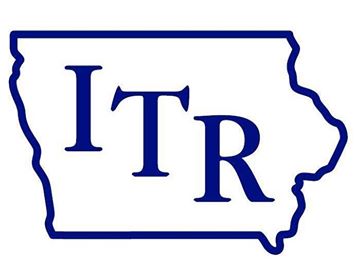ITR and a coalition of state policy groups have asked Congress to provide more financial flexibility for states and local governments to utilize the dollars provided through federal relief packages.
A letter submitted to U.S. House and Senate leadership, as well as individual members of Congress, calls for modifications to the $150 billion “Coronavirus Relief Fund” for states and local governments in the federal CARES Act.
While each state is allocated at least $1.25 billion from the fund, the requirements of the program may not help states with what may be their largest financial challenge resulting from COVID-19: a sudden reduction in most tax revenue.
The CARES Act specifies that funds may be used for emergency expenses, such as Iowa’s rainy day fund allocation for its COVID-19 response, or newly adopted programs. The legislation also prohibits state or local governments from using aid to pay expenses budgeted before the emergency.
Could lead to property tax increases
Unlike the federal government, most state and local governments must balance their budgets.
Without additional flexibility at the local level, municipalities that depend heavily on sales tax revenue may face pressure to impose significant property tax increases due to a reduction in consumer spending. The City of Des Moines, for instance, will likely forgo a planned rate decrease for property taxpayers and instead will turn to Des Moines residents and businesses to make up for a shortfall of local sales tax dollars.
Improvements need to be made
Congress needs to allow dollars from the CARES Act (and other future packages) to:
- Offset lost tax and fee revenue
- Provide one-time tax relief for individuals and businesses
ITR President Chris Ingstad said, “We don’t believe a one-size-fits-all approach from the federal government is the best solution. Rather than letting Washington dictate how to use these funds in Iowa, including ways that might even compel more spending, we want to see our state and local governments given maximum flexibility. It doesn’t make sense that the only way to qualify for federal aid is to find new ways to spend money.”
Ingstad went on to say, “If no changes are made to federal relief packages, taxes could increase or funding for essential services may be cut. As we wrote, we are asking Congress to allow states the ability to use their relief assistance in the most prudent and least disruptive way possible.”













